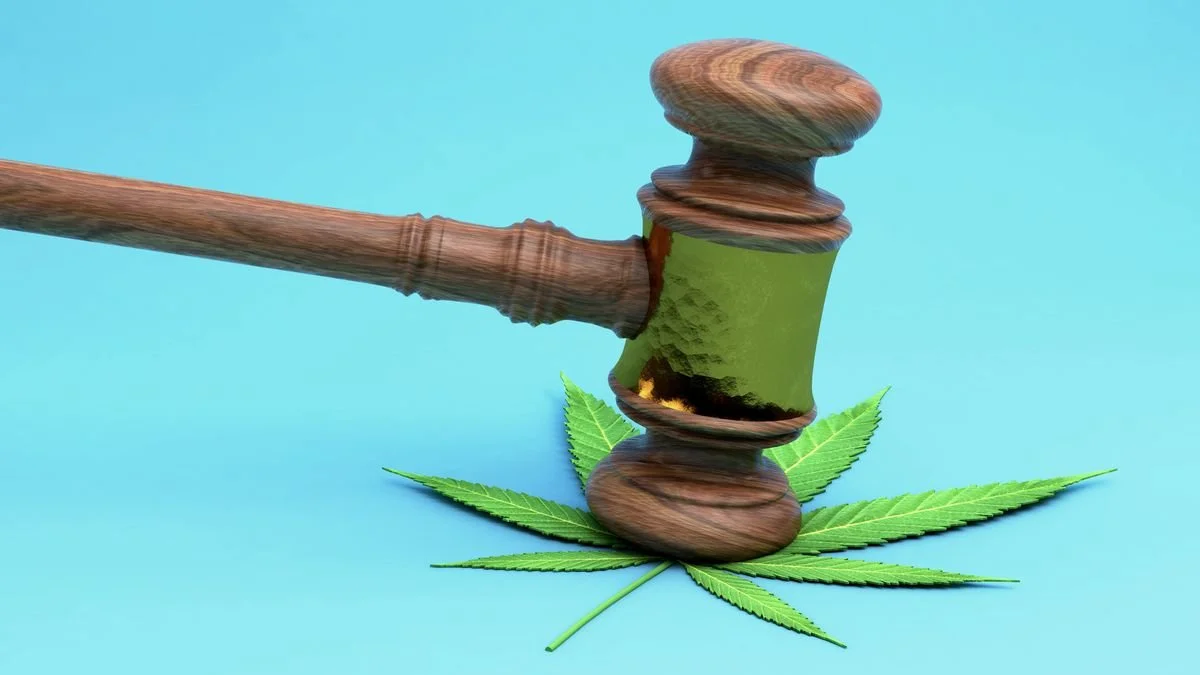Guide to Cannabis Legalization, State-By-State
As cannabis legalization spreads throughout the United States, it's important to be informed about the law in your state. This guide will provide an overview of cannabis legalization across the country, organized by state. Whether you're a first-time cannabis user or a long-time advocate, be sure to check out your state's particular rules and regulations regarding cannabis. With so much changing nationwide, it's important to stay up to date on what's legal and what isn't!
● Alabama:
In Alabama, cannabis is still very much illegal. The state has some of the harshest penalties for possession in the country, with first-time offenders facing up to a year in jail and a $6,000 fine. However, there are currently two bills making their way through the legislature that would decriminalize possession of small amounts of cannabis and establish a medical marijuana program. Stay tuned for updates on these bills!
● Alaska:
Cannabis has been legal in Alaska for both medical and recreational use since 2014. Adults over the age of 21 can possess up to 1 ounce of cannabis for personal use, and can grow up to 6 plants (with no more than 3 mature flowering plants) in their home. It is important to note that consumption of cannabis in public is still illegal and can result in a fine.
● Arizona:
Cannabis has been legal for medical use in Arizona since 2010, and in 2018, voters approved Proposition 207, which legalized recreational use for adults over the age of 21. Adults can possess up to 1 ounce of cannabis for personal use, and can grow up to 6 plants (with no more than 12 per household) in their home. Public consumption is still illegal and can result in a fine.
● Arkansas:
Arkansas legalized medical cannabis in 2016, but the program has yet to be fully implemented. Recreational use remains illegal.
● California:
Cannabis has been legal for medical use in California since 1996, and for recreational use since 2016. Adults over the age of 21 can possess up to 1 ounce of cannabis for personal use, and can grow up to 6 plants (with no more than 12 per household) in their home. Public consumption is still illegal and can result in a fine.
● Colorado:
Cannabis has been legal for both medical and recreational use in Colorado since 2012. Adults over the age of 21 can possess up to 1 ounce of cannabis for personal use, and can grow up to 6 plants (with no more than 3 mature flowering plants) in their home. It is important to note that consumption of cannabis in public is still illegal and can result in a fine.
● Connecticut:
Cannabis has been legal for medical use in Connecticut since 2012, and decriminalized for possession of small amounts in 2011. The state is currently working on legislation to legalize and regulate recreational cannabis. Stay tuned for updates!
● Delaware:
Cannabis has been legal for medical use in Delaware since 2011, and decriminalized for possession of small amounts in 2015. The state is currently working on legislation to legalize and regulate recreational cannabis. Stay tuned for updates!
● Florida:
Medical cannabis has been legal in Florida since 2016, but the program is very restrictive. Recreational use remains illegal.
● Georgia:
Cannabis is still illegal in Georgia, but the state has decriminalized possession of small amounts. First-time offenders will receive a civil citation and be required to pay a fine of up to $1,000. The state is currently working on legislation to legalize and regulate medical cannabis. Stay tuned for updates!
● Hawaii:
Cannabis has been legal for medical use in Hawaii since 2000, and decriminalized for possession of small amounts in 2015. The state is currently working on legislation to legalize and regulate recreational cannabis. Stay tuned for updates!
Conclusion
Cannabis legalization is a hot topic across the United States, with many states changing their laws in recent years. While some states have fully legalized cannabis for both medical and recreational use, others have only decriminalized possession of small amounts or are still working on legislation. Stay up to date on your state's laws to make sure you are in compliance!



